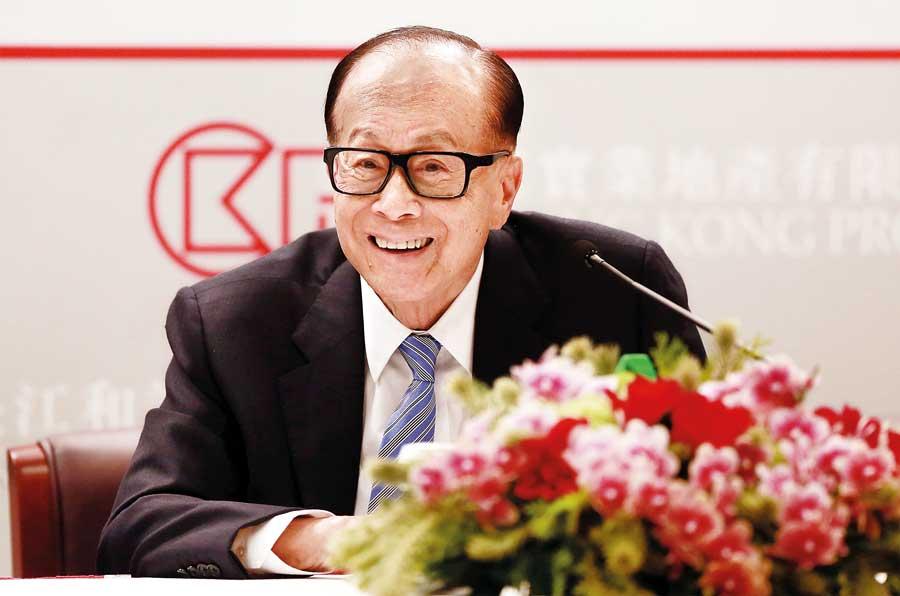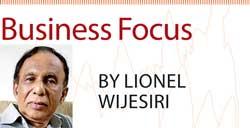25 Nov 2019 - {{hitsCtrl.values.hits}}

 Sir Li Ka-Shing was born in Chaozhou, China, in 1928, to Teochew parents. While Li was still at elementary school, Japan invaded China. Chaozhou was bombed; the family fled to Hong Kong, then a British colony.
Sir Li Ka-Shing was born in Chaozhou, China, in 1928, to Teochew parents. While Li was still at elementary school, Japan invaded China. Chaozhou was bombed; the family fled to Hong Kong, then a British colony.
Li’s father, a primary school headmaster, had fallen ill with tuberculosis and the family could not afford to send Li to school; at the age of 12, Li started work at a factory making plastic watch straps. Two years later, he went to work for a plastics trading company.
Three years after the move to Hong Kong, his father died. “The most terrible experience during my childhood,” Li told Forbes.
“The burden of poverty and this bitter taste of helplessness and isolation sort of branded on my heart forever the questions that still drive me. Is it possible to reshape one’s destiny? Is it possible to minimise challenges through lessening complexities? And is it possible to enhance chances for success through meticulous planning?”
Li set about trying to control his own destiny. In 1950, having saved and borrowed US $ 8,700, he started his own plastics company. He read in a trade journal that plastic flowers were very popular in Italy and retooled his factory to manufacture them, preparing diligently for a visit from a large overseas purchaser. Li got the contract. He went on to become the largest manufacturer of plastic flowers in Asia.
By 1958, unable to renew the lease on his factory, Li bought and developed his own site. During the 1967 riots brought on by Mao Zedong’s Cultural Revolution in mainland China, Li bought up property in Hong Kong at rock-bottom prices, making a killing when the market recovered.
By 1979, Li’s Cheung Kong (Yangtze River) company was able to buy a controlling share in Hutchison Whampoa, which had been created in 1977 from the merger of Hutchison International trading company and the Hong Kong and Whampoa Dock, both founded in the 19th century by the British merchant, John Hutchison.
Li turned Hutchison Whampoa into an investment holding company. If his investments lose money, Li covers this personally; if they are successful, he hands the shares to his philanthropic foundation, which Li describes as his ‘third son’ - Li has two sons, Victor, who is generally seen as Li’s heir apparent and Richard, who runs his own investment company.
Li has been referred to as ‘superman’ because of his knack of buying and selling assets advantageously: By the year 200, Hutchison Whampoa made profits of more than US $ 15 billion and in 2001, when it sold its interests in the Orange mobile network in Europe to Mannesmann; in 2007, Hutchison Telecoms sold its controlling share in India mobile operator Hutchison- Essar to Vodaphone, realising a profit of around US $ 9 billion.
Via his investment company, Horizon, Li became a major investor in high technology. He is a fan of what he sees as ‘disruptive technologies’: he was an early investor in Facebook and in Skype, in the days when Skype was losing money and before it was bought by eBay for US $ 2.5 billion. He invested in the artificial intelligence and voice recognition system Siri before it was bought by Apple and is a backer of digital music service Spotify.
“Making a business from these investments is secondary,” Li told the Forbes magazine.
“It is more important that we are learning so much.”
In 2006, Li pledged to give one-third of his fortune to the foundation, which has an especial interest in education.
Li told the Wall Street Journal in an interview about his philanthropic interests that following the death of his father, “I realised that when you are less fortunate how much support you need. So, when I started my own business in 1950, I tried to spend money to help the poor.”
After his almost 70-year-long reign over CK Hutchison Holdings and CK Asset Holdings, Li announced his retirement on March 16, 2018 and the decision to pass his US $ 100 billion empire on to his son, Victor Li. He is still involved in the conglomerate as a senior advisor
As of June 2019, Li is the 30th richest person in the world, with an estimated net wealth of US $ 29.4 billion. He is regarded as the world’s leading port investor, developer and operator of the largest health and beauty retailer in Asia and Europe
What lessons can we learn from Li Ka-Shing?
1. Stay humble and optimistic but be prepared for worst
“First of all, I am an optimist. When I was 10 years old, I lost my schooling but I still had plenty of hope to return to school. When we came to Hong Kong, the family had no choice and I had to work. We had no choice. I needed to be strong and needed to find some way to secure a future. How many times have you heard that our finances were in trouble over the last 50 years? Never. The reason is, we are always prepared for the worst. That is my policy.”
2. Knowledge will change your life – keep up with everything
“I always had a game plan to go along and it was as simple as making sure he kept up-to-date with everything he could. I got my first break right after the Second World War. My boss needed a letter written and my colleagues recommended me. He was happy with my work and I was promoted to head a small department. I always believe that knowledge can change life.”
“In manufacturing in particular, you must be well versed not only with the market but also with productivity and quality. I had worked at every level, doing different tasks and I knew my company’s finances like the back of my hand. Therefore, I could answer any question that anybody asked.”
3. The secret to managing different kinds of businesses
“I knew a thing or two about the differences between small and large businesses and how to handle them. In a small business – you’ve got to do everything personally. But when the company is big, you need to give your staff a sense of belonging and make them feel at ease. That’s vital. The secret of management is simply identifying and making use of talent. But you must in principle make them feel they belong and like you first.”
4. Stability and progression are not mutually exclusive
“I always had a fighting heart. I only had a small amount of capital when I started my own business. That’s why I am always conservative. I never forget to maintain stability while advancing and I never forget to advance while maintaining stability. Stability and advancement must always be in balance.”
5. Luck had no part to play in his success
“Luck is not a big part of my success, though I do concede that timing might be an influencing factor. I worked hard to achieve the goals I set for myself. But I cannot deny it’s the times that create heroes. When I started my business, I almost certainly did not rely on luck. I relied on work, hard work and ability to make money.”
6. Help others to come up in life
“I had a taste of poverty himself. So, I have been giving back to others by supporting various causes and educational institutions. And this is not merely because he feels obliged to: I will continue to do the same and more, not out of a sense of my duty but because it is a maxim by which I choose to live my life.”
(Lionel Wijesiri is a retired company director with over 30 years’ experience in senior business management. Presently he is a freelance journalist and could be contacted on [email protected])
27 Dec 2024 4 minute ago
27 Dec 2024 8 minute ago
26 Dec 2024 9 hours ago
26 Dec 2024 26 Dec 2024
26 Dec 2024 26 Dec 2024